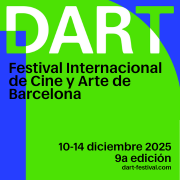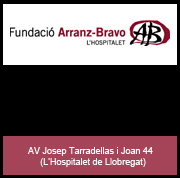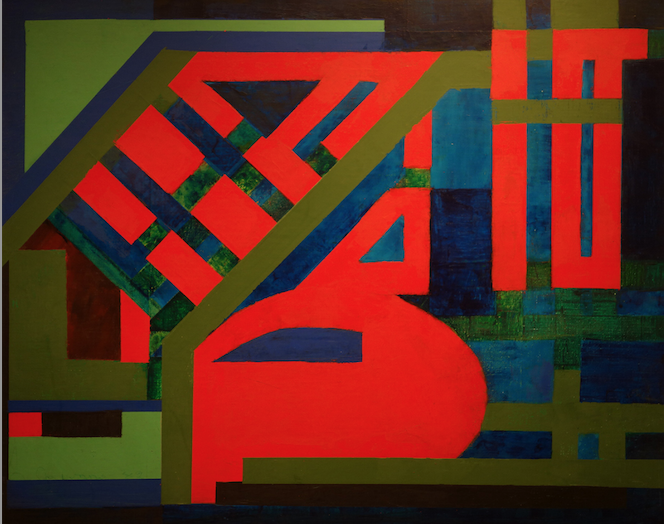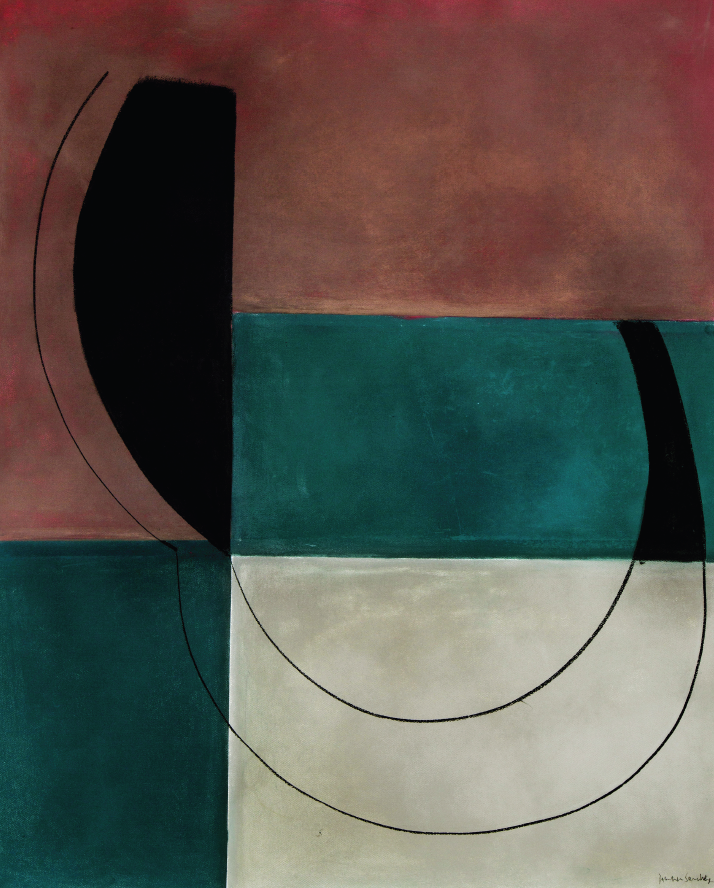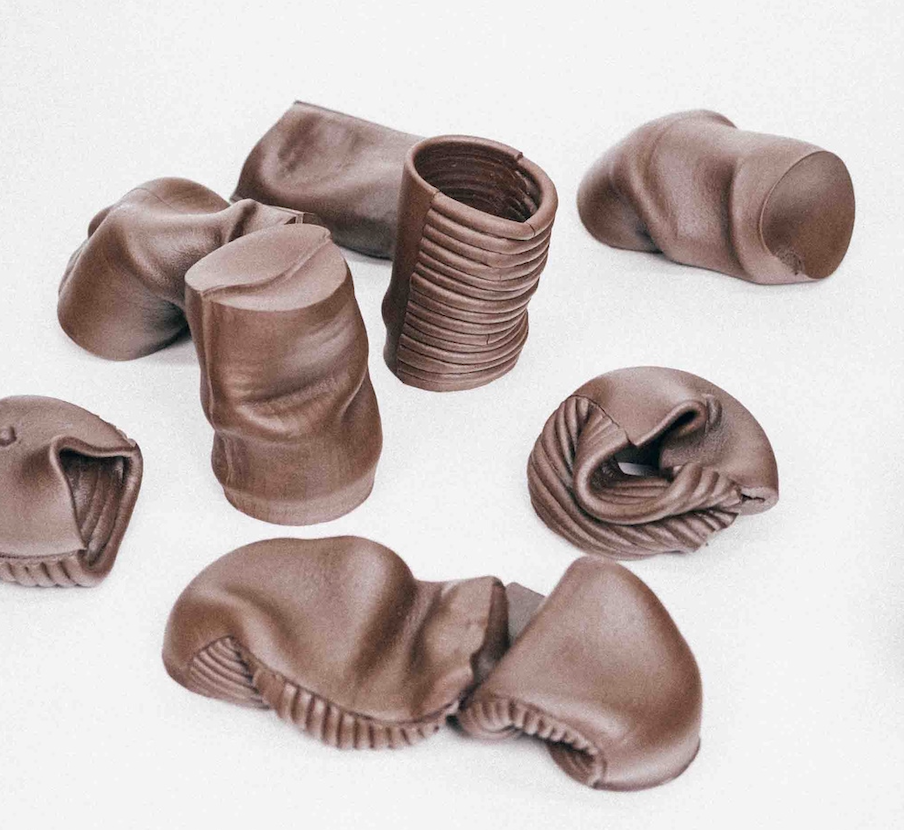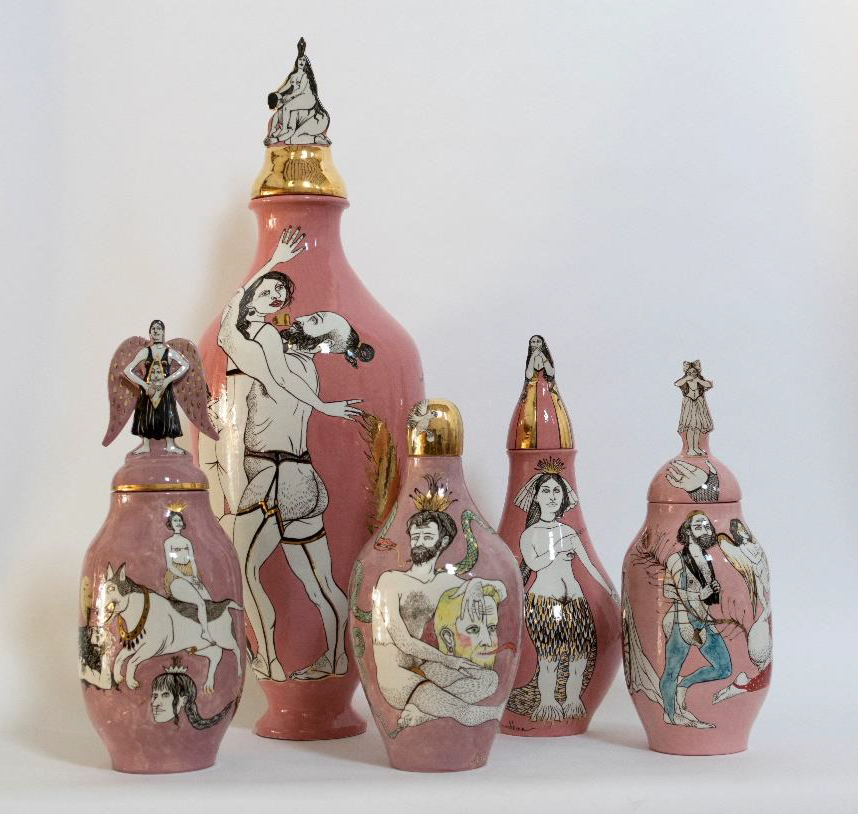Exhibitions
'AI: Artificial Intelligence' at the CCCB
The Contemporary Culture Center of Barcelona (CCCB) has presented the exhibition IA: Artificial Intelligence which can be seen from October 18 to March 17, 2024. Co-produced jointly with the Barcelona Supercomputing Center based on a sample organized by the Barbican Center in London, explores the history, operation, creative possibilities and ethical and legislative challenges of this technology. With twenty installations, five of which were created for the occasion, it analyzes the role of AI in everyday life, the opportunities in scientific and biomedical research or the risks of misinformation it poses widespread use as well as racial and gender biases.
Curated by Lluís Nacenta, with this new exhibition the CCCB invites visitors to a multisensory, textual, visual and tactile experience. The exhibition offers the possibility to relate to the synthetic doubles generated by the artificial intelligence and you can talk, sing and interact with them.
Thus, the CCCB wants to put into context what it means and what role AI has in culture as well as the opportunities it can generate in science and creativity. However, the show does not forget the legal challenges posed by this technology such as data collection. "We want the visitor to leave the exhibition more familiar and with more judgment", explained Lluís Nacenta.
In fact, in a context in which AI has developed in a "dizzying" way, Nacenta is aware that there is a part of the public that receives the technology with "fear" and another with "enthusiasm". "One of the purposes is to eliminate unfounded fears and contribute to having reasonable precautions. It is true that there are threats but they are not quite what science fiction says. There are also aspects that are extraordinary opportunities for scientific development", emphasized the researcher.
As the exhibition shows, artificial intelligence offers contributions to society such as a great capacity for analysis and diagnosis or the automation of tasks that currently tend to be long. In the field of science, AI can open "new fields of research". "Scientists are already talking about personalized medicine. AI can make it possible not to treat a disease in general, but to treat each patient and this can be a revolution", said Nacenta.
With regard to the threats of this technology, for Nacenta it is necessary to emphasize the indiscriminate collection of data "used without consent for an unknown purpose". “AI can be a great liar because it's so good at it. It has a potential for disinformation that must be controlled", he expressed.
The commissioner has bet that, as has happened with other technologies, the administrations will regulate AI. "After an initial period of reflection and debate, there must be a regulation on how it is used and how it is applied", he said. The exhibition gives an overview of how this regulation is being worked on in Catalonia, in the State and in Europe.
Among the twenty installations in the exhibition, there is one that restores the fragrance of a flower that died out more than 100 years ago, in 1912. There is also room for AI-generated music, as is the case with the singer Maria Arnal's space. Specifically, a fishbowl allows you to hear the synthetic version of Arnal's voice. "A voice without the limitations of the human body and with impressive plasticity and possibilities", as detailed by Nacenta.
But apart from Arnal, the exhibition has the participation of an extensive network of pioneering and emerging artists such as Universal Everything, Robert del Naja, Anna Ridler or Memo Akten. These artists study how AI and supercomputing can advance the resolution of complex problems such as building healthier, sustainable cities adapted to the climate crisis, the discovery of new drugs, the impetus for research into diseases such as cancer or the identification of new generation diseases.
The exhibition features an area on how big data is essential for AI, we are machine learning, the human ambition to artificially create an intelligent and autonomous organism and how scientific advances in AI may require a new social and legal articulation.
Apart from the exhibition, the CCCB will offer debates such as the seminar 'Algorithmic societies' with various specialists to reflect on the ethical and social challenges of AI. The exhibition coincides with the arrival at the BSC of the MareNostrum 5, one of the most powerful supercomputers in Europe.



